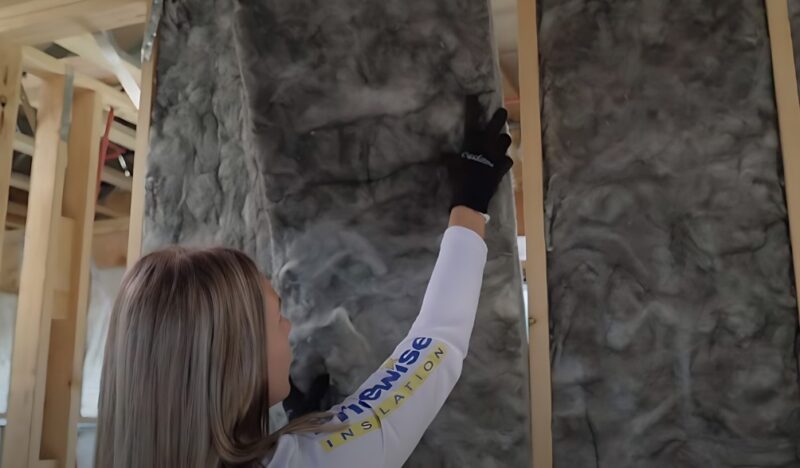Energy conservation isn’t just about cutting costs—it’s one of the smartest and most impactful actions you can take for the environment. By implementing measures like weatherstripping your home and choosing Energy Star certified appliances, you can significantly reduce your energy consumption.
While renewable energy sources offer cleaner alternatives, the first step is always to minimize the energy you use. When you conserve energy, you’re not only saving money but also reducing the demand for fossil fuels such as oil, coal, and natural gas.
This means fewer carbon dioxide (CO2) emissions, a primary cause of global warming, and a reduction in other harmful pollutants. You don’t have to sacrifice comfort to achieve these savings. Nowadays, there are energy-efficient options for almost every appliance and light fixture, giving you the power to make a considerable impact on your energy usage.
The average American produces around 40,000 pounds of CO2 emissions annually. As a society, we consume nearly a million dollars’ worth of energy every minute. By adopting even a few of these energy-saving tips, you can cut your annual CO2 emissions by thousands of pounds and significantly reduce your energy bills.
Consider these energy-saving investments that save money over time and can reduce CO2 emissions by tons annually:

- Insulate Your Walls and Ceilings: Save 20-30% on heating bills and cut CO2 emissions by 1,400 to 2,100 pounds per year. Superinsulating in colder climates can save even more.
- Upgrade Your Windows: Installing argon-filled, double-glazed windows can save 2.4 tons of CO2 annually for gas-heated homes.
- Plant Shade Trees and Paint Smartly: Trees and appropriate paint colors can save up to 2.4 tons of CO2 emissions per year.
- Weatherize Your Home: Using caulk and weather stripping to seal air leaks can save up to 1,100 pounds of CO2 per year.
- Refrigerator Efficiency: Set your fridge to 37°F and freezer to 3°F, and ensure the energy saver switch is on.
- Wash Clothes in Warm or Cold Water: This can save nearly 500 pounds of CO2 per year if you have an electric water heater.
- Efficient Dishwasher Use: Run full loads and use energy-saving settings to air dry dishes, saving 20% of your dishwasher’s total electricity use.
- Water Heater Thermostat: Lowering it from 140°F to 120°F can save 600 pounds of CO2 annually for an electric heater.
- Choose Energy-Efficient Models: Look for the Energy Star label when replacing appliances, which can significantly reduce CO2 emissions.
- Thermostat Settings: Set your thermostat to 68°F in winter and 78°F in summer. Lowering it just 2°F in winter can reduce CO2 emissions by 6%.
- Maintain Air Filters: Clean or replace them regularly to ensure efficient operation of your heating and cooling systems.
- Compact Fluorescent Bulbs: These bulbs use only a quarter of the energy of incandescent bulbs and last much longer.
- Insulate Your Water Heater: A simple insulating jacket can save 1,100 pounds of CO2 annually.
- Low-Flow Shower Heads: These save water and reduce CO2 emissions by 300 pounds per year for electrically heated water.
- Alternative Transportation: Walk, bike, carpool, or use public transit whenever possible. Every gallon of gasoline saved prevents 22 pounds of CO2 emissions.
- Fuel-Efficient Vehicles: Choose cars with good mileage to significantly cut your CO2 emissions.
- Waste Reduction: Minimize waste, choose reusable products, and recycle. This can save a considerable amount of energy and CO2 emissions.
- Car Air Conditioner Maintenance: Ensure coolant is recovered and recycled to prevent CFC emissions, which contribute to global warming.
- Workplace Efficiency: Implement energy-saving measures in your workplace and join local groups to advocate for energy efficiency in schools and public buildings.
- Stay Informed: Keep track of environmental issues and vote for candidates with strong environmental records. Contact elected officials to express your concerns about energy efficiency and global warming.
Summary
By making these changes, you can play a crucial role in conserving energy and protecting the environment. Every action counts, and together, we can make a significant impact.

